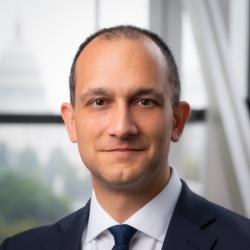The increasing power of nonstate armed actors — militants, militias, and criminal groups — at the expense of the state is a highly consequential and complex dynamic in today’s international system. The trend occurs amidst broader shifts worldwide in power distribution and modes of governance, and means that more people depend on illicit economies for basic livelihoods and on nonstate structures for basic security and governance. As criminal and militant actors are empowered and governments are weakened, many states struggle to confront the problem; some even accommodate or coopt such actors. While these dynamics precede the coronavirus (COVID-19) pandemic, the pandemic has profoundly exacerbated them.
Experts






